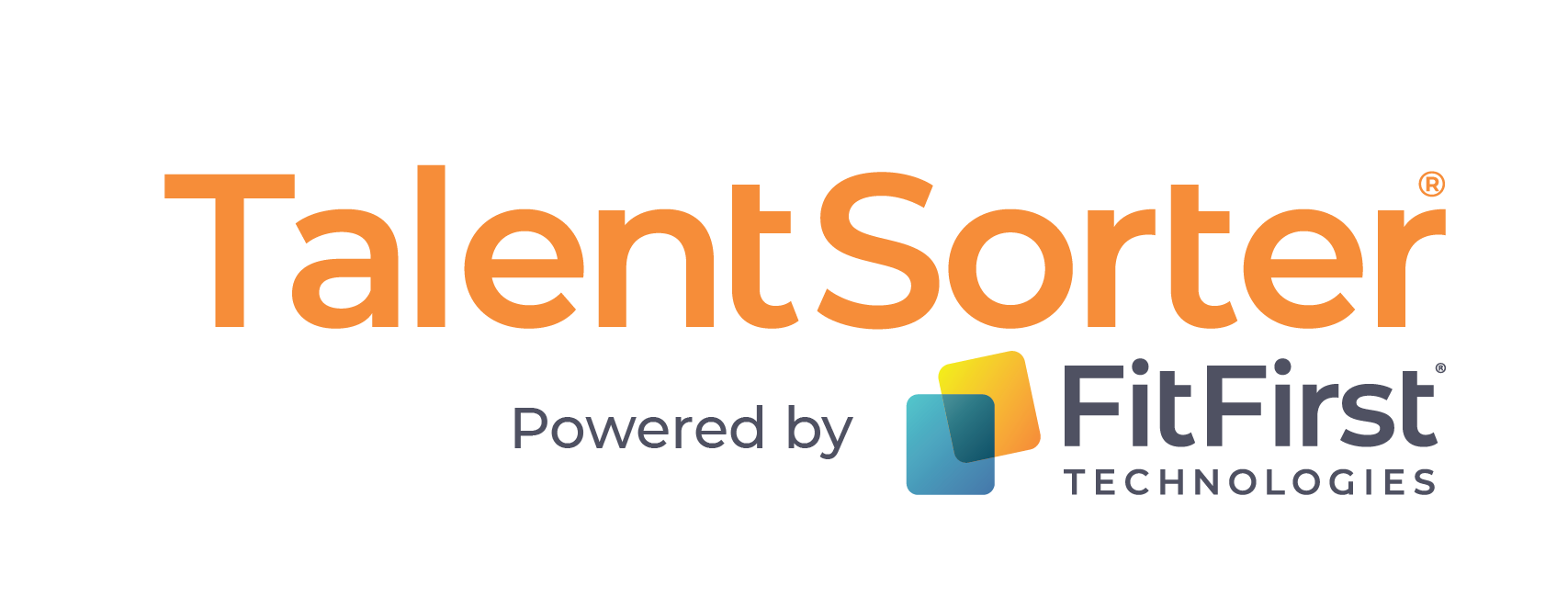The internet has opened up a whole new world for job searchers. Not only can anyone search, find and apply for a job online, they can also research companies that are hiring. Location, lines of business, size of the company – even names and photos of key employees are all readily available online, but today’s job searcher wants more.
The problem with corporate websites is that they share only what the company wants the public to know, not what potential employees need to know. When Glassdoor.com first launched it promised to change all that. Glassdoor features millions of company reviews, CEO ratings and details about salaries, benefits, facilities and more, all shared by employees themselves. These reviews – shared by those who truly have the inside scoop on a company – have made Glassdoor ratings a key measure of success for many businesses, and a “go-to” site for job hunters.
What Glassdoor really tells you
Glassdoor scores have become universally accepted as a reliable way to assess what kind of employer a company is. The higher the ranking, the better an employer it must be, or so common wisdom says. And a low score is considered a red flag to potential hires that the business is not a good place to work. But is that really the case? Ratings and employee reviews are no more than personal opinions at best, and can undoubtedly be skewed by disgruntled former workers who left on bad terms. But that doesn’t mean Glassdoor should be discounted as a valuable source of information. What the website does reveal about a company may be surprising.
While reviews and ratings from former employees are not an objective way to measure how well a company treats its employees, or whether it’s a good or bad place to work, they do provide valuable insight into one key area: how successful the company is at hiring for fit.
A business with a low Glassdoor score may in fact be a wonderful place to work; it may offer a supportive environment, above average training, good pay and competitive benefits. What the low rating reveals, however, is that the company may be making poor hiring decisions. High turnover, low productivity, sagging morale and negative reviews from disgruntled staff are all clear signs of a problem with employee fit.
Why Fit is So Important
For decades businesses have been focusing on the wrong qualities when hiring. Educational background, work experience, certifications and skills all seem like important criteria to consider and they are. But the most important criterion to consider is fit first. How well will a potential hire fit with the company culture? Fit with the managers and coworkers? Are the requirements of the job a good fit for the candidate’s personality and strengths?
Employees who are the right fit for a company and their role within it are happy employees, productive employees, successful employees. Businesses with positive reviews and a strong Glassdoor score may not even realize it, but they have unlocked the secret to HR success; they are hiring for fit first.

